2025 has been a great year for reading as I’ve had some time off work and spent many hours on planes and buses when I was travelling.
Here are six of my favourites (in no particular order):
Tomorrow and Tomorrow and Tomorrow by Gabrielle Zevin
Tomorrow and Tomorrow and Tomorrow explores a world I knew little about - the video game industry in the 1990s and early 2000s.
The title refers to the infinite nature of games, providing a chance to start again and approach challenges in different ways.
“What is a game?” Marx said. “It’s tomorrow, and tomorrow, and tomorrow. It’s the possibility of infinite rebirth, infinite redemption. The idea that if you keep playing, you could win. No loss is permanent, because nothing is permanent, ever.”
Against this backdrop, we follow Sam Masur and Sadie Green, two friends who come together as creative partners, and see how their relationship transforms over thirty-plus years of success, joy and tragedy.
Primarily through the lens of these two characters, Zevin touches on a range of universal issues, such as:
What it means to love:
“You may not ever have a romantic relationship with Sadie, but you two will be friends for the rest of your lives, and that is something of equal or greater value if you choose to see it that way.”
The fleeting nature of success and hedonic adaptation:
“She had thought after Ichigo that she would never fail again. She had thought she arrived. But life was always arriving. There was always another gate to pass through. (Until, of course, there wasn’t.)”
The struggle of creating art that meets your own expectations:
“There is a time for any fledgling artist where one’s taste exceeds one’s abilities. The only way to get through this period is to make things anyway.”
Dealing with grief and loss:
“How did we get through?” Bong Cha had been baffled by Sam’s question. “We got up in the morning,” she said finally. “We went to work. We went to the hospital. We came home. We went to sleep. We did it again.”
What I Talk About When I Talk About Running by Haruki Murakami
What I Talk About When I Talk About Running is a little hard to define. It is a cross between a memoir, a running journal, a travelogue and a philosophical treatise.
In less than 150 pages, Murakami reflects on his lifetime of running and how it has influenced his primary discipline of writing.
As someone who has only recently started running, I couldn’t relate to all his thoughts on running marathons and ultramarathons. But I did like how he described the act of running itself - the initial pain of getting the joints and muscles fired up followed by an eventual sense of enjoyment.
But the book goes beyond just running and discusses some general life principles. Here are a few that resonated with me:
Talent is necessary, but not sufficient: When it comes to writing novels (or any creative pursuit), talent is a prerequisite. Someone with zero talent cannot write a book. But, the problem with talent is that you can’t control its amount or quality. So, beyond talent, you need a) focus and b) endurance. Focus lets you concentrate on the task at hand for several hours at a time. Endurance means you can apply these bursts of focus over long periods of months and years. And unlike talent, focus and endurance can be trained over time through repetition. This is very similar to running. If you lace up your shoes and hit the pavement consistently, you will improve over time. Learning this discipline through physical exercise can improve the discipline required for creative pursuits.
Your main competitor should be yourself: Running is unique in that your main opponent is the stopwatch and the time you ran previously. This is a great metaphor for most of life - if you focus on continuously improving, rather than some arbitrary social benchmark, it is easier to feel motivated and happy with your progress.
Preparation is key: Murakami writes: “There are three reasons I failed. Not enough training. Not enough training. And not enough training…It’s pretty thin, the wall separating healthy confidence and unhealthy pride.” For me, confidence in any endeavour, whether that’s a project at work, public speaking or running a 10K comes from knowing that I have a strong base of preparation.
End sessions with momentum. Murakami writes about how he always leaves a little in the tank at the end of his training runs, so he feels excited for his next session. I have found this to be true when writing online. If I finish a session mid-paragraph or even mid-sentence, I am excited to come back the next day to pick up where I left off. But if I completely finish a section of a piece, I find myself hesitant to write again the next day because of the fear of not knowing where to start.
Open Water by Caleb Azumah Nelson
Open Water is a modern love story exploring the complex emotions that define the start of a romance. It reminded me a lot of the feelings I had at the start of my own relationship.
What stuck out most to me about this novel is the writing style. Nelson writes in a lyrical and often poetic way. Some examples:
“Which is to say everything comes from something else. Which is to say from your solid ache comes a gentle joy”
“Perhaps that is how we should frame this question forever; rather than asking what is your favourite book, let's ask, what continues to pull you back?”
I also enjoyed how there is an undercurrent of music throughout the book, particularly hip-hop and R&B, with many references to some of my favourite artists and musicians.
Another major part of the book is the experience of Africans in the UK and how police brutality and class differences can create anxiety and stress that can bubble up at unexpected times. I thought these scenes were poignant and pointed to Nelson’s (unfortunate) experience with these issues.
Marching Powder by Rusty Young
I would say my favourite genre of books is narrative non-fiction - true stories that are so outlandish that they are almost unbelievable.
Marching Powder falls firmly in this category.
It tells the true story of Thomas McFadden, a British national who is caught and convicted of trafficking cocaine in the South American country of Bolivia. He is thrown into San Pedro prison where he ends up spending over four years of his life.
San Pedro is a prison like no other. Prisoners are expected to earn a living and have to buy their own cells from real estate agents. There is a primary school for the children of inmates and even a full-blown cocaine factory inside the jail.
Eventually, Thomas starts offering tours of the prison to backpackers (after bribing the guards to turn a blind eye) and San Pedro becomes a bizarre tourist attraction. Thomas even starts a romantic relationship with someone from the outside.
I read this book while I was travelling through Bolivia, which added an extra layer of resonance for me.
Media scrutiny and several scandals have meant that San Pedro tours have now (rightfully) stopped. But the prison is still operational.
Trust by Hernan Diaz
This Pulitzer Prize-winning novel is about a Wall Street businessman and his wife in the years leading up to the Great Depression in the 1920s. Interestingly, it is structured as four separate ‘books’, which tell different (and at times, competing) versions of the same story.
Using this structure, Diaz comments on how money and power can manipulate facts to create a narrative that suits the author. History is written by the victor, often at the expense of smaller voices that are easily repressed - particularly female voices.
I also enjoyed how Diaz played with form. One of the books in Trust is still an incomplete manuscript, with notes from the editor left in e.g. “more anecdotes”, or “bring out her warmth more here”. This is a nice touch that further fleshes out the character of the manuscript’s author.
Diaz is also a beautiful writer and cleverly uses finance terminology with double meanings.
‘Trust’ can refer to the investment structure or to the erosion of trust between people.
‘Bonds’ can refer to the asset class or to the connection between two characters.
‘Futures’ can refer to the trading contract or to how a character’s decisions reverberate down the track.
Here are a further few passages in the book that I took note of:
“What is choice but a branch of the future grafting itself onto the stem of the present?”
“The closer one is to a source of power, the quieter it gets. Authority and money surround themselves with silence, and one can measure the reach of someone's influence by the thickness of the hush enveloping them.”
“Silence between two people is always shared. But one of the two owns it and shares it with the other.”
Girl, Woman, Other by Bernadine Evaristo
This was a long-time recommendation from my girlfriend, and I’m embarrassed to admit how many years it took me to finally read it. I am glad I eventually did.
Girl, Woman, Other follows the lives and struggles of twelve characters, mostly black British women.
I was initially put off by the unusual structure and lack of punctuation and capitalisation. But once you get used to the style, it becomes a lot easier to read.
I’m happy that I stuck with it. The interconnected nature of each of the stories means that the book gets better and better as you go along. Characters from earlier chapters turn out to have interesting relationships with other characters, including some shocking reveals.
While there are many touching moments, some of the most memorable parts of the book for me were biting satire on race and gender roles that often made me laugh out loud.
Please don’t hesitate to leave any book recommendations in the comments!

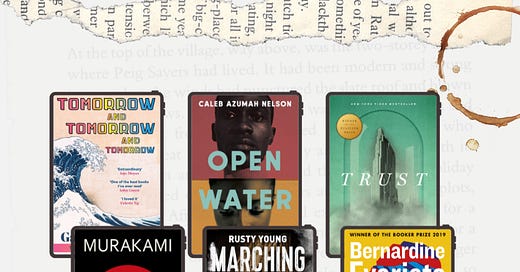



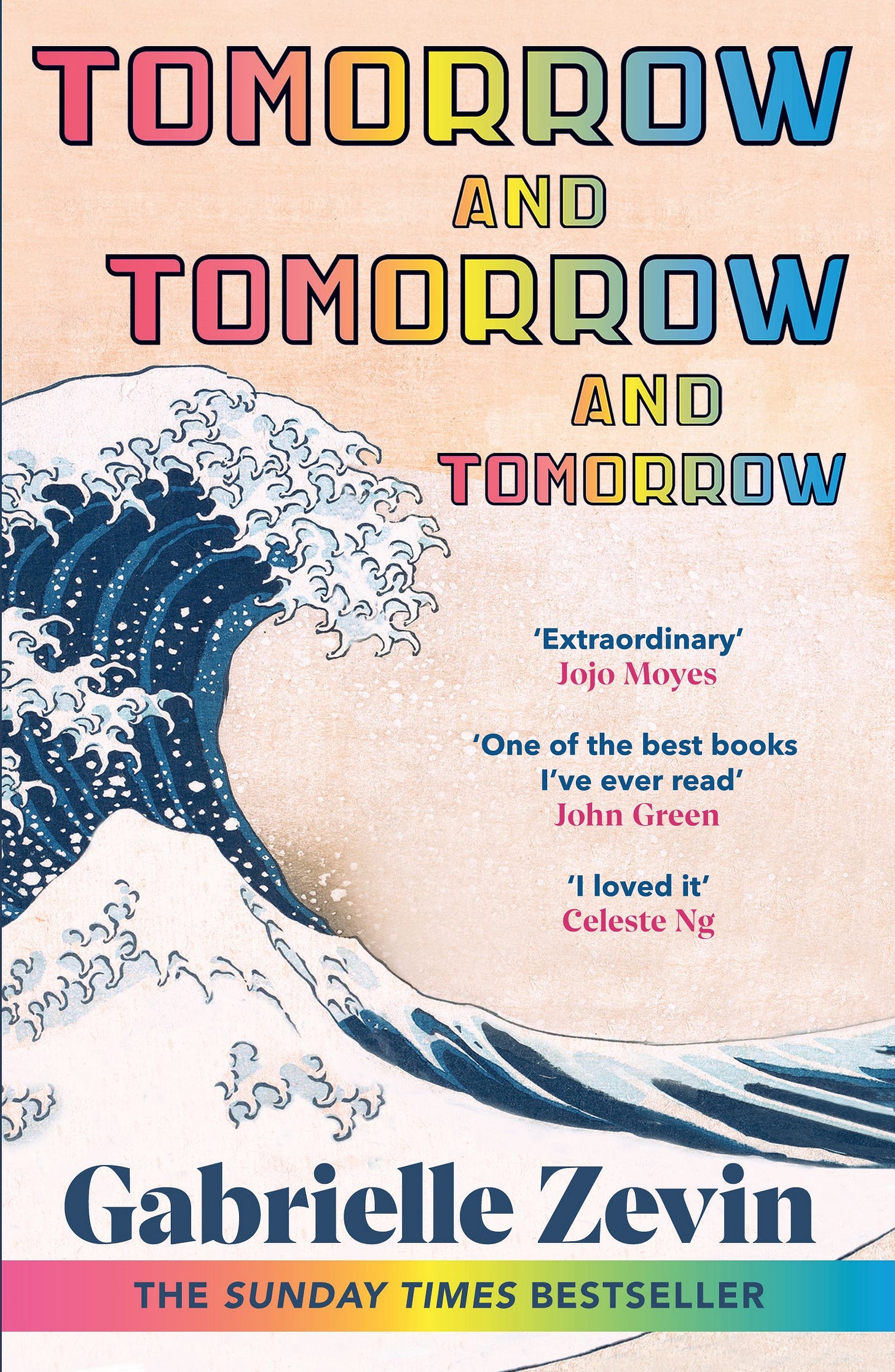


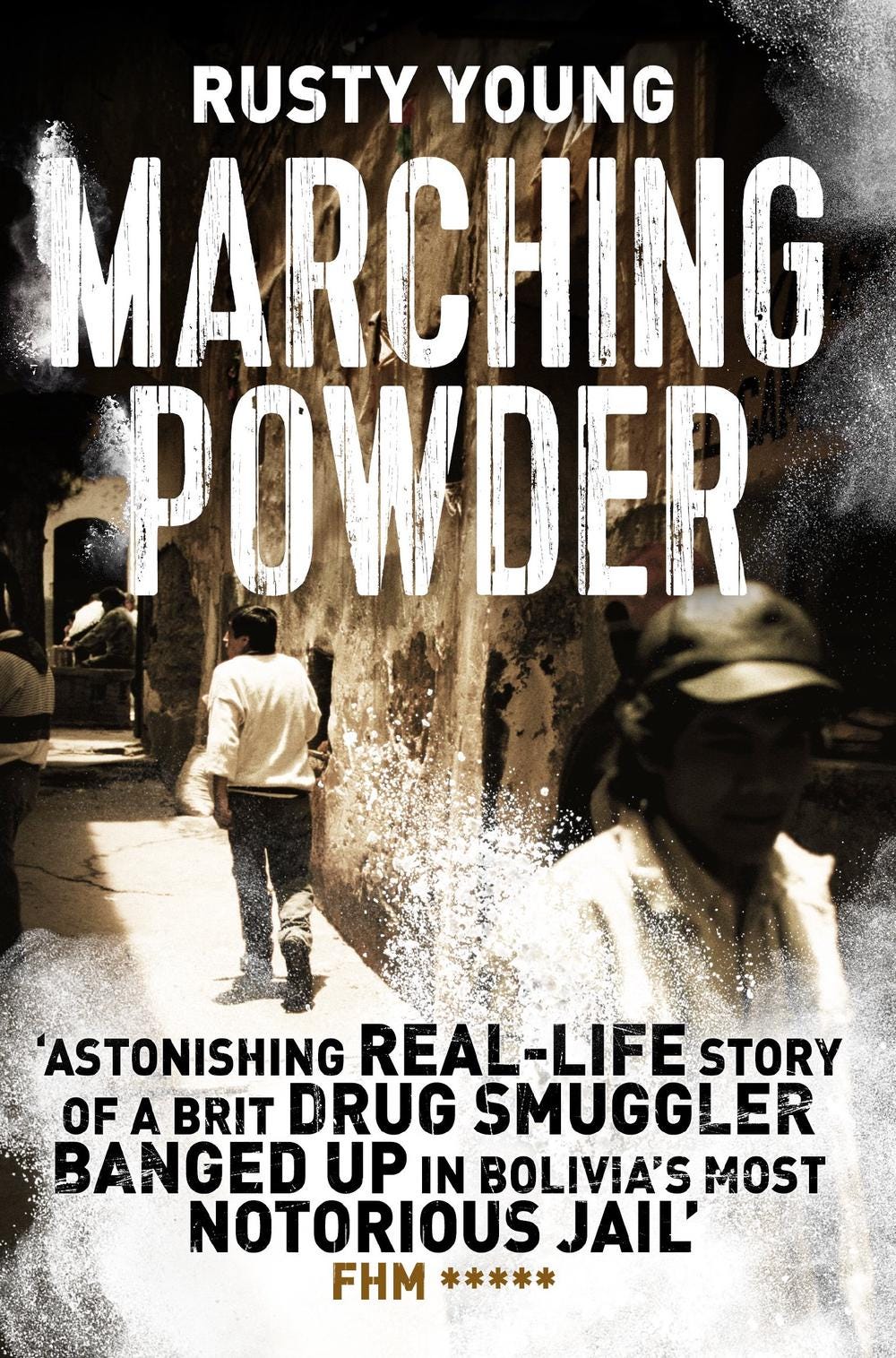
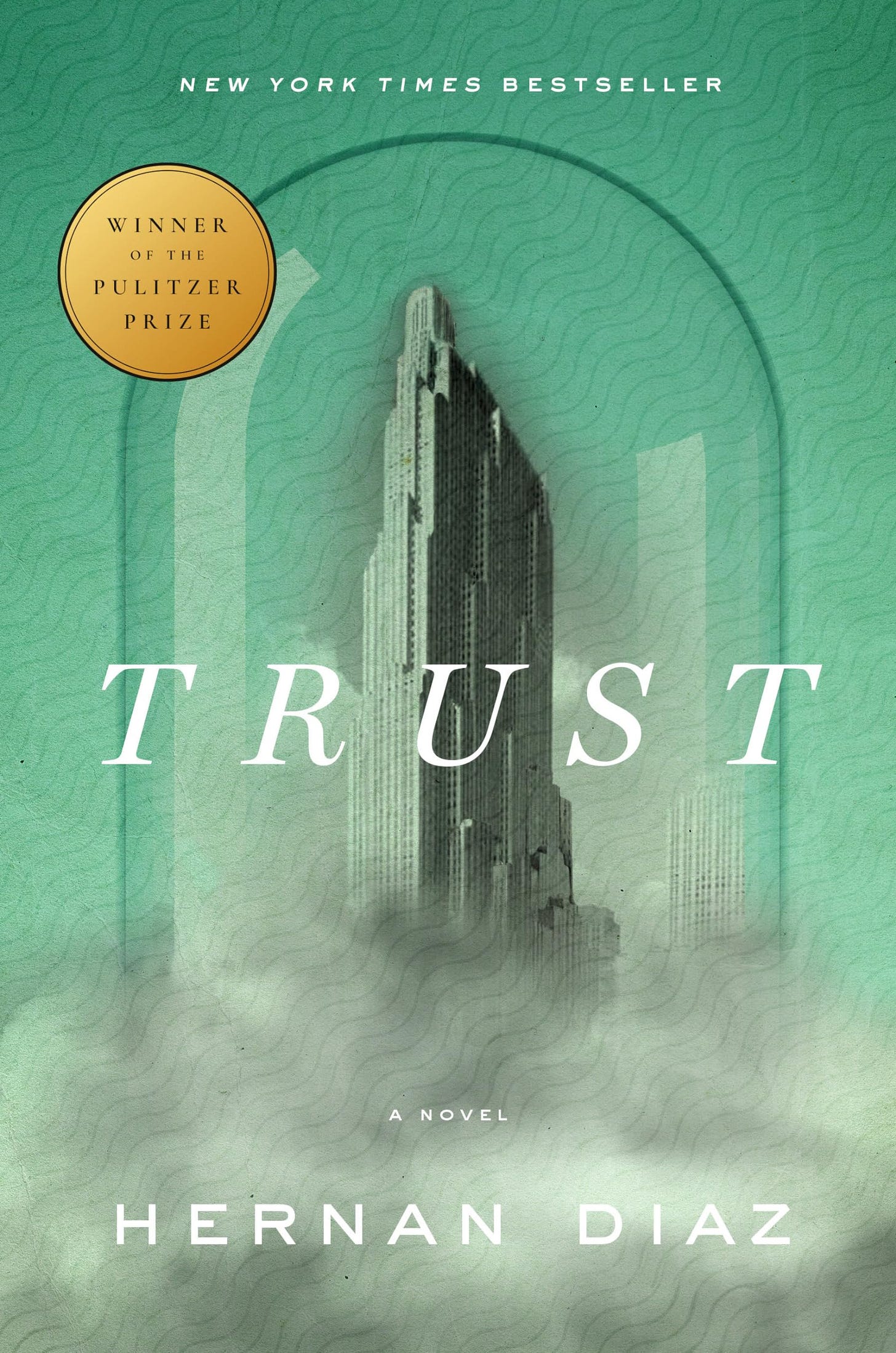
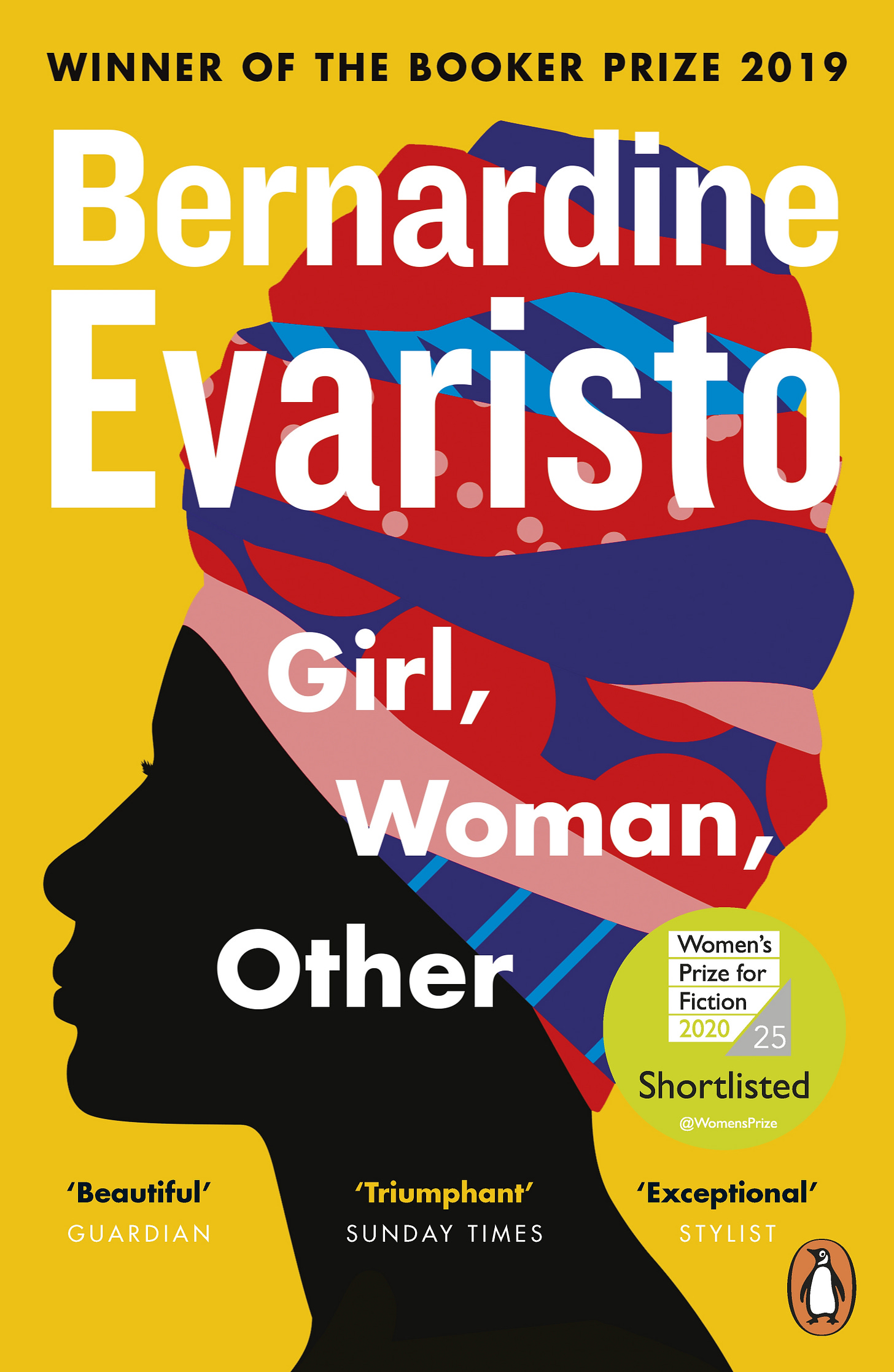
tomorrow and tomorrow and tomorrow is one of my favorite books! made me appreciate the art of video game design
Nice reviews, Sourav.